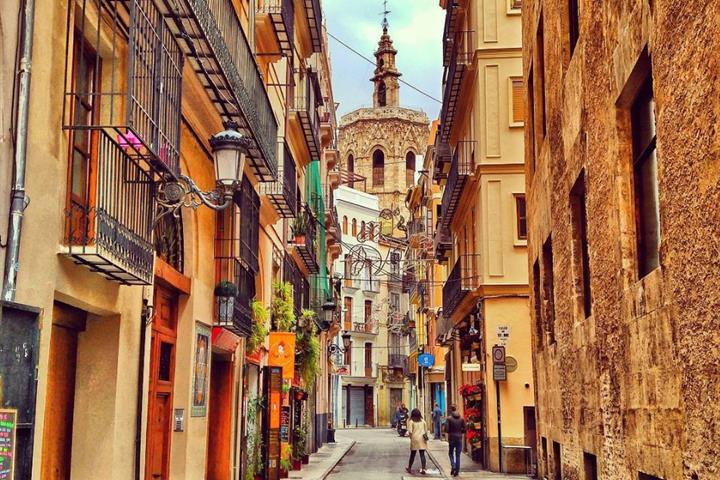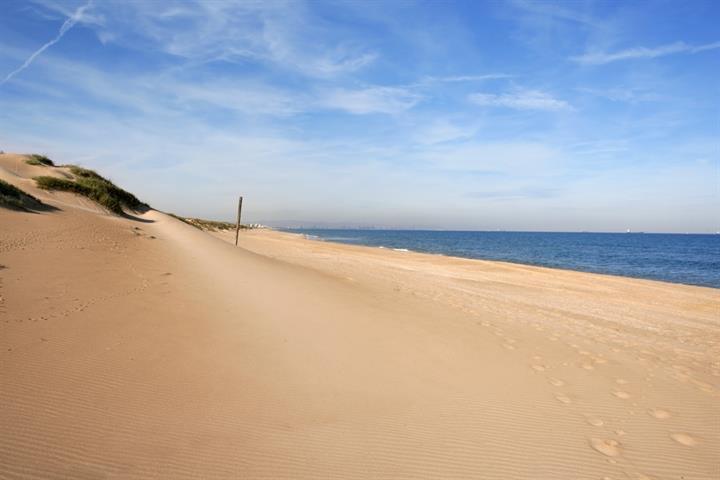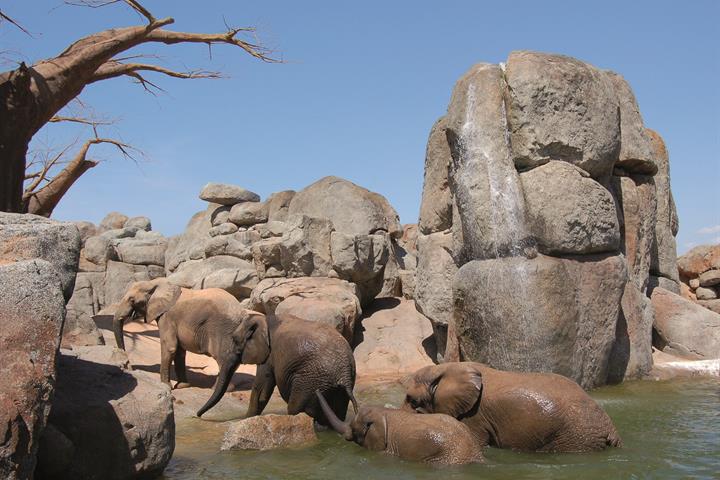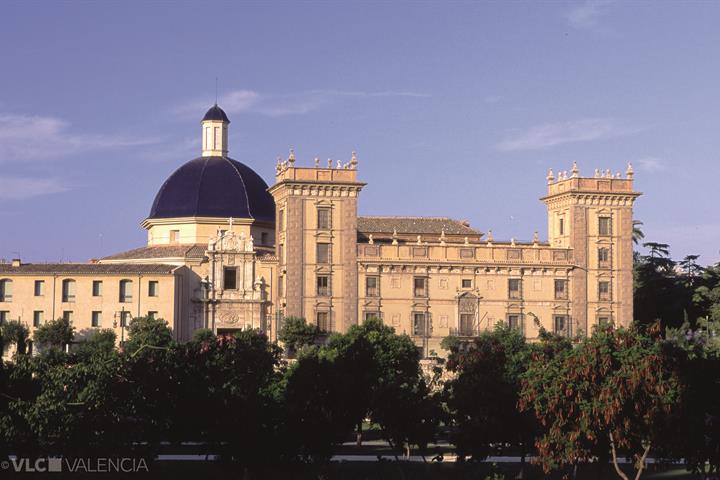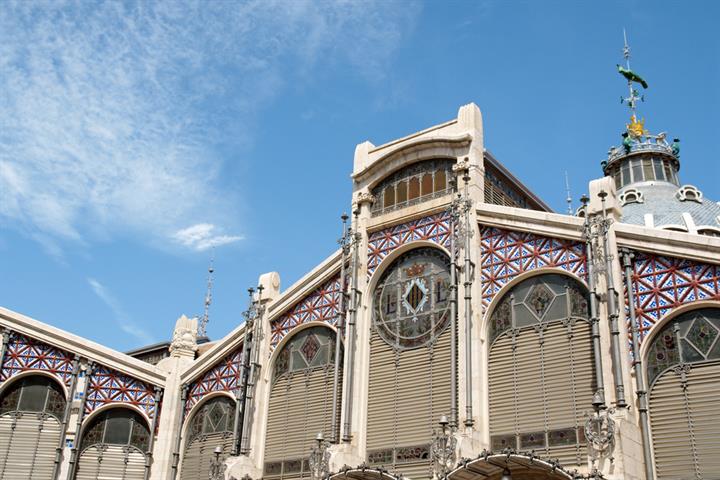Walencja miasto - informacja turystyczna i wideo
Informacje wakacyjne, fakty, zdjęcia i wideo - Walencja miasto
Wyróżnione domy wakacyjne w w Walencja miasto
Rzeczy do zrobienia
Opinie - Walencja miasto
Średnia ocen - Na podstawie 176 opinii.
Miasto
Wybrzeże
| Miasto: | |
| Wybrzeże: |
Dodany przez: Fontan
2021-11-19
Ta opinia jest w języku angielski
Ta opinia jest w języku angielski
Zgłoś nadużycie
Uważasz, że to nadużycie
| Miasto: | |
| Wybrzeże: |
Dodany przez: LEBDIRI
2021-11-03
Ta opinia jest w języku hiszpański
Ta opinia jest w języku hiszpański
Zgłoś nadużycie
Uważasz, że to nadużycie
| Miasto: | |
| Wybrzeże: |
Dodany przez: mladen
2021-09-21
Ta opinia jest w języku hiszpański
Ta opinia jest w języku hiszpański
Zgłoś nadużycie
Uważasz, że to nadużycie
| Miasto: | |
| Wybrzeże: |
Dodany przez: Carla Van Rooijen
2021-09-12
Ta opinia jest w języku hiszpański
Ta opinia jest w języku hiszpański
Zgłoś nadużycie
Uważasz, że to nadużycie
| Miasto: | |
| Wybrzeże: |
Dodany przez: Marco Porlezza
2021-08-18
Ta opinia jest w języku hiszpański
Ta opinia jest w języku hiszpański
Zgłoś nadużycie
Uważasz, że to nadużycie
| Miasto: | |
| Wybrzeże: |
Dodany przez: Stan
2021-08-16
Ta opinia jest w języku angielski
Ta opinia jest w języku angielski
Zgłoś nadużycie
Uważasz, że to nadużycie
| Miasto: | |
| Wybrzeże: |
Dodany przez: Thorsten Dohrau
2021-08-11
Ta opinia jest w języku niemiecki
Ta opinia jest w języku niemiecki
Zgłoś nadużycie
Uważasz, że to nadużycie
| Miasto: | |
| Wybrzeże: |
Dodany przez: Randy Lie
2021-07-13
Ta opinia jest w języku hiszpański
Ta opinia jest w języku hiszpański
Zgłoś nadużycie
Uważasz, że to nadużycie
| Miasto: | |
| Wybrzeże: |
Dodany przez: Alima
2020-09-01
Ta opinia jest w języku hiszpański
Ta opinia jest w języku hiszpański
Zgłoś nadużycie
Uważasz, że to nadużycie
| Miasto: | |
| Wybrzeże: |
Dodany przez: CORNELIA HORLACI
2020-08-25
Ta opinia jest w języku hiszpański
Ta opinia jest w języku hiszpański
Zgłoś nadużycie
Uważasz, że to nadużycie
| Miasto: | |
| Wybrzeże: |
Dodany przez: Arno Reynders
2020-08-14
Ta opinia jest w języku hiszpański
Ta opinia jest w języku hiszpański
Zgłoś nadużycie
Uważasz, że to nadużycie
| Miasto: | |
| Wybrzeże: |
Dodany przez: Ovidio
2020-03-08
Ta opinia jest w języku hiszpański
Ta opinia jest w języku hiszpański
Zgłoś nadużycie
Uważasz, że to nadużycie
| Miasto: | |
| Wybrzeże: |
Dodany przez: Lone Bach Halvas
2020-02-15
Ta opinia jest w języku duński
Ta opinia jest w języku duński
Zgłoś nadużycie
Uważasz, że to nadużycie
| Miasto: | |
| Wybrzeże: |
Dodany przez: Elvira
2019-11-01
Ta opinia jest w języku hiszpański
Ta opinia jest w języku hiszpański
Zgłoś nadużycie
Uważasz, że to nadużycie
| Miasto: | |
| Wybrzeże: |
Dodany przez: Harrie van den Boogaard
2019-10-17
Ta opinia jest w języku angielski
Ta opinia jest w języku angielski
Zgłoś nadużycie
Uważasz, że to nadużycie
| Miasto: | |
| Wybrzeże: |
Dodany przez: Edwin v/d Wiel
2019-10-09
Ta opinia jest w języku hiszpański
Ta opinia jest w języku hiszpański
Zgłoś nadużycie
Uważasz, że to nadużycie
| Miasto: | |
| Wybrzeże: |
Dodany przez: Jos Visser
2019-10-02
Ta opinia jest w języku hiszpański
Ta opinia jest w języku hiszpański
Zgłoś nadużycie
Uważasz, że to nadużycie
| Miasto: | |
| Wybrzeże: |
Dodany przez: Adriana Raquel Parra
2019-09-21
Ta opinia jest w języku hiszpański
Ta opinia jest w języku hiszpański
Zgłoś nadużycie
Uważasz, że to nadużycie
| Miasto: | |
| Wybrzeże: |
Dodany przez: Wolfpeter Koch
2019-09-11
Ta opinia jest w języku angielski
Ta opinia jest w języku angielski
Zgłoś nadużycie
Uważasz, że to nadużycie
| Miasto: | |
| Wybrzeże: |
Dodany przez: Jason Wyse
2019-09-05
Ta opinia jest w języku angielski
Ta opinia jest w języku angielski
Zgłoś nadużycie
Uważasz, że to nadużycie
